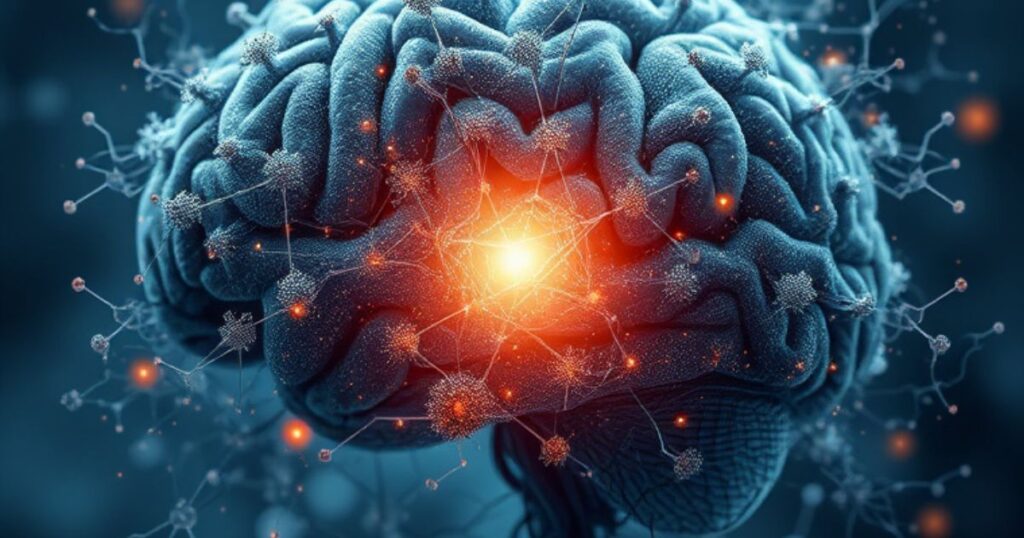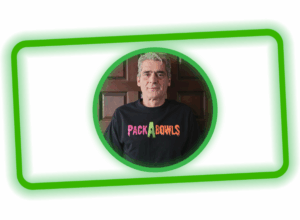Key Takeaways
- Psychedelics have shifted from counterculture to mainstream acceptance, redefining mental health care.
- Research shows that psychedelics stimulate neuroplasticity, offering potential treatment for depression, PTSD, and addiction.
- The movement blends traditional Indigenous wisdom with modern science, aiming for responsible integration over intoxication.
- Cultural shifts in media promote open discussions about psychedelics, creating a demand for access and normalization.
- Companies in the psychedelic space prioritize patient safety and ethical practices, learning from the cannabis industry’s past missteps.
For decades, the idea of healing through psychedelics was shoved into the margins, dismissed as counterculture or criminal. Today, the same compounds once outlawed are fueling billion-dollar research programs, reshaping mental health care, and challenging the pharmaceutical monopoly on human well-being.
The shift isn’t subtle, it’s seismic. From psilocybin clinics in Oregon to ketamine therapy centers in Los Angeles, the conversation has changed from “is this safe?” to “how can we make this accessible?”
At Beard Bros Pharms & Media, we’ve been covering this evolution since it was whispered about in the backrooms of cannabis activism. What’s happening now is nothing less than a modern renaissance. A fusion of ancient knowledge and modern science that’s redefining what it means to heal.
The Science Behind the Shift
Let’s strip away the hype for a second. The rise of psychedelics in wellness isn’t just about “mind expansion” or “vibes.” It’s about neuroscience. Studies published by the National Institutes of Health (NIH) and research conducted by MAPS (Multidisciplinary Association for Psychedelic Studies) have demonstrated that compounds like psilocybin, MDMA, and LSD can stimulate neuroplasticity—the brain’s ability to form new connections.
This is why these substances are showing promise for treatment-resistant depression, PTSD, addiction, and anxiety disorders. Instead of masking symptoms, they seem to help the brain “reboot,” allowing patients to process trauma and emotional patterns at their root.
Cannabis played this tune first, helping people move away from dependence on opioids, antidepressants, and sleep aids. Psychedelics are amplifying that song, one study at a time.
From Taboo to Therapy
The journey from underground to clinical isn’t happening by accident. It’s been driven by a collision of forces:
- Research breakthroughs that validate what Indigenous cultures have known for centuries.
- Cultural burnout from a mental health system that treats symptoms, not causes.
- Corporate curiosity, as investors and pharma giants eye the psychedelic gold rush.
We’ve seen this story before. Cannabis walked so psilocybin could run. What’s different this time is the rapid mainstream acceptance. Thanks to shifting narratives, credible science, and the visible exhaustion of a society that’s tired of numbing itself.
In other words, people are ready to feel again.
Culture Meets Consciousness
Hollywood, music, and media are no longer shying away from psychedelics. Instead, they’re weaving them into the wellness lexicon. Everyone from A-list celebrities to retired Navy SEALs are now talking openly about plant medicine ceremonies and guided journeys.
This isn’t about trends, it’s about access. When conversations about mental health, trauma, and transformation go mainstream, they create cultural permission for people to explore alternatives. That’s power.
And as we’ve learned through cannabis, when culture normalizes something, policy eventually follows.
The Business of Awakening
Behind the awakening is an industry learning from the missteps of cannabis 1.0. Early psychedelic companies are focusing on clinical trials, patient safety, and ethical integration, not just fast profits.
Still, the question remains. Can the healing stay sacred when the market moves in?
It’s a delicate dance: preserving tradition while scaling access. The smartest operators are those building bridges between Indigenous wisdom, clinical science, and business acumen. Companies like Compass Pathways, Field Trip Health, and MindMed are making headlines, but the real work is happening in quiet clinics and grassroots organizations worldwide.
Integration Over Intoxication
What separates this movement from the psychedelic heyday of the 60s is intent. This isn’t about dropping acid at a festival, it’s about integration. The focus now is on using these tools responsibly, with structure, preparation, and guidance.
Therapists trained in psychedelic integration are helping patients carry their breakthroughs into daily life. Retreat centers are teaching mindfulness and breathwork alongside mushroom ceremonies. Even the military is exploring psilocybin as a potential PTSD treatment.
It’s not a revolution of rebellion, it’s a revolution of restoration.
Beard Bros’ Take
At Beard Bros Pharms, we’ve always believed that plant medicine is more than an industry, it’s a cultural lifeline. Cannabis, psilocybin, and the broader spectrum of natural therapies aren’t just products; they’re catalysts for connection.
Our role in this renaissance is to keep the conversation honest, rooted in data, and unafraid of the deeper questions. Healing isn’t just chemical, it’s cultural.
The future of wellness belongs to those who understand both the science and the soul of plant medicine. Whether you’re a brand, a clinician, or a curious human, it’s time to engage with this shift consciously.















